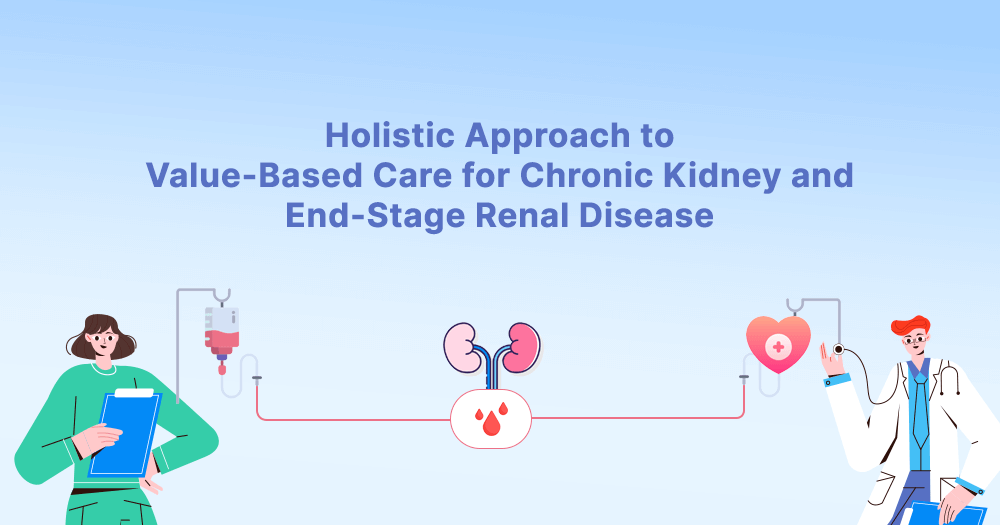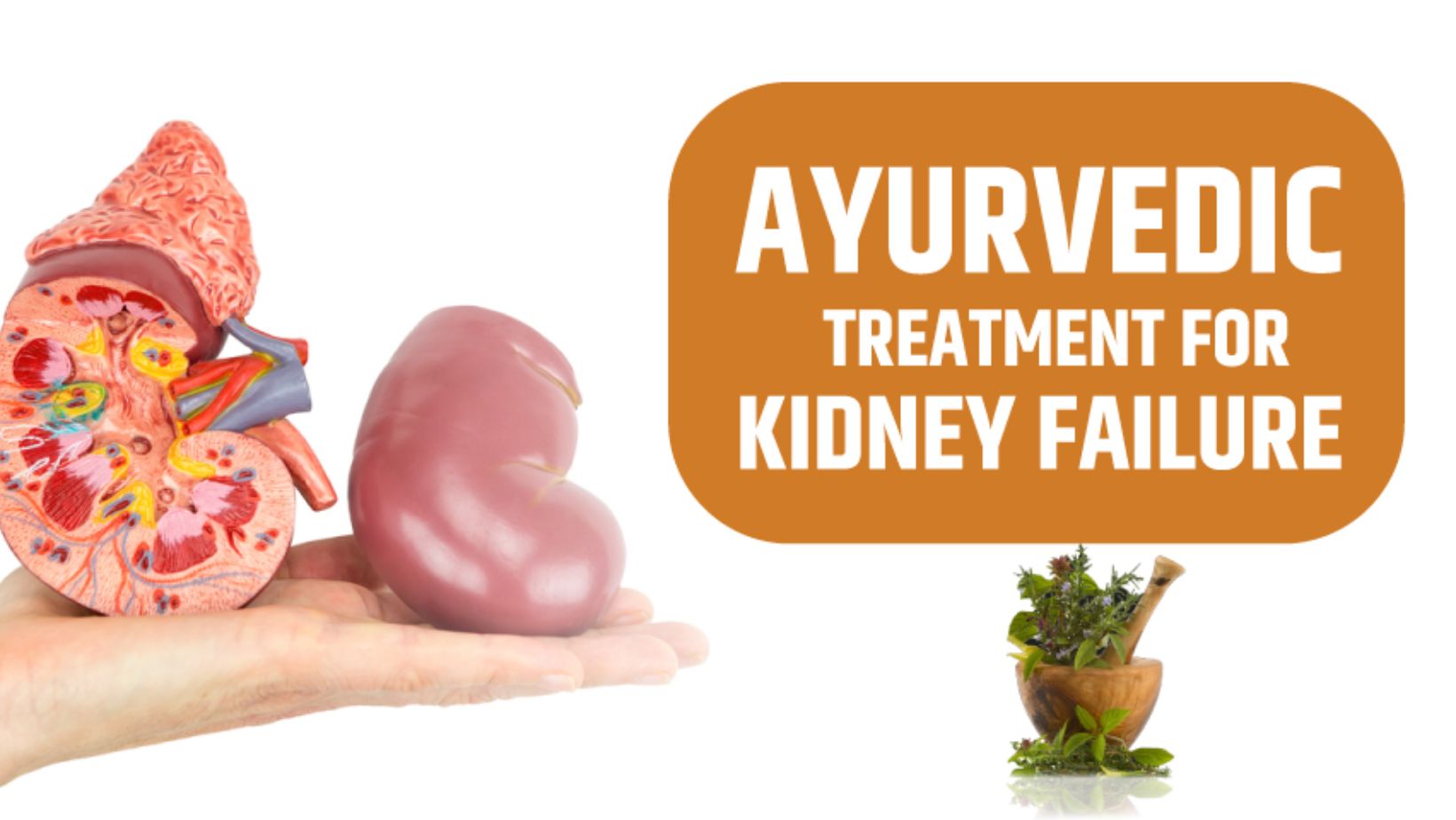A diagnosis of kidney failure, often referred to as end-stage renal disease (ESRD), can present a significant challenge. Nevertheless, armed with the right knowledge, guidance, and attentive care, recovery transforms from a distant hope into a tangible objective. Within this article, we immerse ourselves in the crucial dimensions and methodologies of kidney failure patient recovery, illuminating a path of hope and empowerment for those embarking on this formidable journey.
Comprehending the Intricacies of Kidney Failure
Before embarking on the voyage of recovery, it is essential to acquire a comprehensive understanding of kidney failure. ESRD signifies a state where the kidneys are unable to fulfill their pivotal roles, including the filtration of waste and excess fluids from the bloodstream. This condition can originate from diverse factors, encompassing chronic kidney disease, diabetes, hypertension, and specific genetic predispositions.
1. Medical Oversight
The foundation of effective recovery lies in meticulous medical management. Kidney failure patients often require life-sustaining interventions such as dialysis or kidney transplantation. Dialysis involves the artificial removal of waste and excess fluids from the bloodstream. While a kidney transplant offers a long-term solution, it necessitates the identification of a compatible donor.
2. Dietary Precision
An indispensable element of kidney failure recovery centers on dietary management. Patients must carefully monitor and limit their intake of sodium, potassium, and phosphorus. These substances can accumulate in the body when the kidneys falter in their regulatory functions. A registered dietitian can collaborate in devising a personalized dietary plan that adheres to these necessary restrictions.

Read more.. Guarding Your Newborn from Mosquito Bites: Tips for a Serene Night
3. Medication Adherence
Kidney failure frequently coexists with associated health issues such as elevated blood pressure, anemia, and skeletal disorders. Strict adherence to prescribed medications plays a pivotal role in fostering overall well-being and facilitating the recovery process.
4. Embracing a Healthier Lifestyle
The adoption of a wholesome lifestyle can wield a significant influence on kidney failure recovery. This encompasses quitting smoking, maintaining a healthy body weight, engaging in regular physical activity (as guided by healthcare professionals), and employing stress management techniques or therapy.
5. Nurturing Emotional and Psychological Well-being
In the quest for recovery, emotional and psychological health plays a pivotal role. The rigors of kidney failure can give rise to feelings of anxiety, depression, or stress. Support groups, counseling, and mindfulness practices offer invaluable emotional sustenance throughout this journey of recovery.
6. Consistent Medical Monitoring
The trajectory of kidney failure recovery necessitates vigilant medical monitoring. Regular check-ups empower healthcare providers to gauge the effectiveness of treatment, make required adjustments, and detect potential complications at their nascent stages.
7. Exploring Complementary Therapies
Certain patients find solace and support through complementary therapies like acupuncture, yoga, or herbal remedies. However, it is essential to liaise with a healthcare provider before incorporating these therapies into the recovery regimen.
8. Family and Social Scaffolding
Recovery from kidney failure is a collaborative voyage; it is not meant to be traversed alone. The presence of family and social support is pivotal. Loved ones can extend a helping hand in medication management, dietary adherence, and emotional bolstering. Transparent communication ensures that everyone is aligned regarding the patient’s needs and progress.

Read more.. Progresses in Clinical Innovation: Developments Forming Medical Care Conveyance
9. The Power of Knowledge
Knowledge empowers. Kidney failure patients and their caregivers should maintain a state of constant awareness regarding the condition, the array of treatment options available, and the latest advancements in kidney care. Proactivity and engagement in healthcare decisions can culminate in more favorable outcomes.
Conclusion: The Path to Renewed Vitality
Recovery from kidney failure embodies a multifaceted expedition that hinges on a blend of medical intervention, lifestyle recalibrations, emotional support, and unwavering determination. While challenges may arise along the way, the prospect of reclaiming a fulfilling life post-diagnosis remains tangible. Armed with the right guidance and an unswerving commitment to health, kidney failure patients can embark on this odyssey of recovery, embracing a future radiant with hope and enhanced well-being.
Read more.. Care Supreme Health Insurance: Your Top Choice for Comprehensive Coverage




